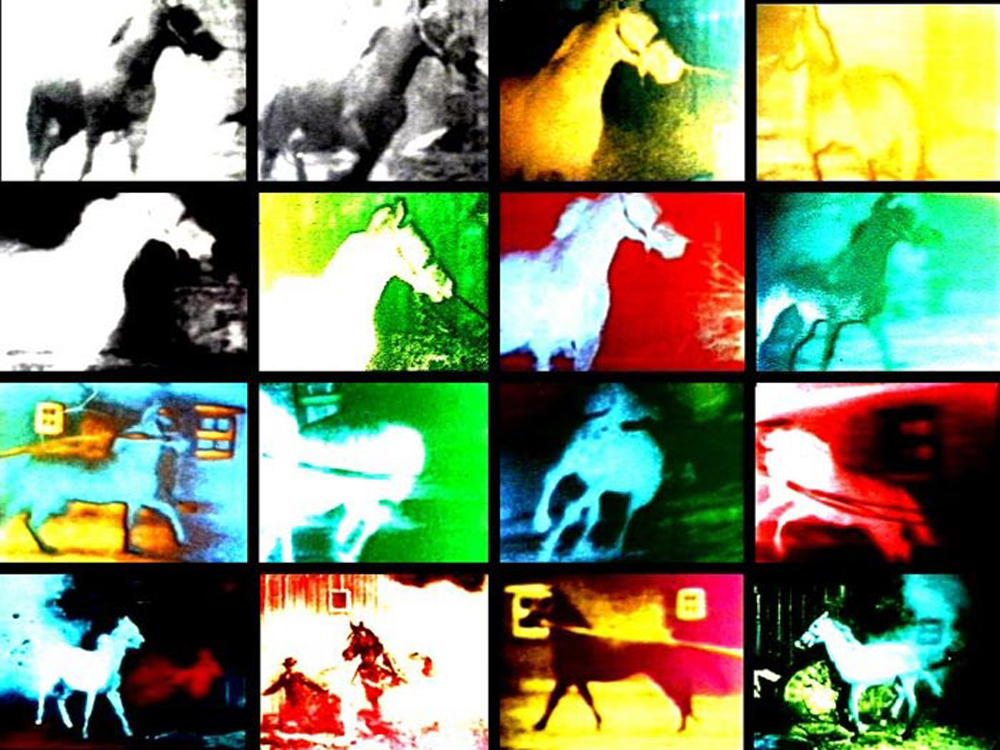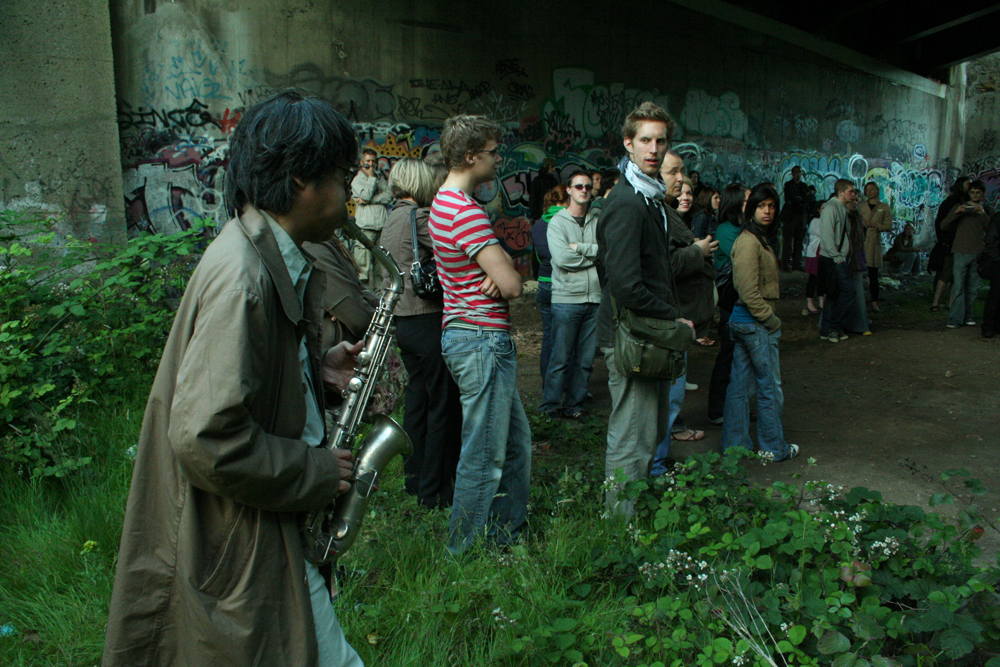
Film Programme 6: Perception
Malcolm Le Grice Paul Sharits Various Artists
Psychedelic and intense, and featuring some of the most visually stunning, mesmerizing and transcendent experiences you can imagine, batten down the hatches for some of the boldest, most immersive and abrasive works in experimental cinema.













